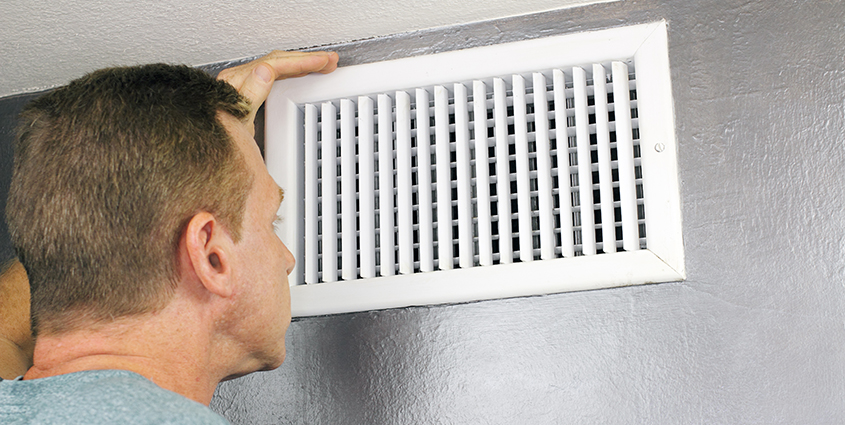
Safe Appliance Installation
Get installation tips for common natural gas appliances and find a contractor to help with your installation.
Natural Gas: If you smell gas, think you have a gas leak, have carbon monoxide symptoms or have some other gas emergency situation, go outside and call 911 and then our emergency number 1-800-634-3524.
Electric: For any electric emergency, including a downed power line, power outage or other electric-related situation, please call 1-800-464-7726.
Buying an appliance can be a big investment. To get the most for your money, your natural gas appliances need regular maintenance and care. To keep your appliances operating safely and efficiently, you should schedule inspections on a regular basis and keep them clean and free of hazards. Natural gas lines and appliances should never be tampered with, hung on, or used for any purpose other than their intended use.
Some older natural gas appliances could have pilot lights that stay on all the time, while new high-efficiency natural gas furnaces do not have pilot lights. If your pilot light goes out, it could be a sign that your appliance needs to be inspected and repaired by a qualified professional.
There are many tips to keep your furnace in good working order:
If you find an uncapped gas line, do not touch it. Call a qualified professional to check it out. But if you smell the rotten-egg odor of natural gas…stop what you’re doing and leave the area immediately.
Call 911 and NIPSCO at 1-800-634-3524
Before you move into a new property, you should have all natural gas appliances, equipment and connectors checked by a qualified professional. If you’re removing an appliance, like a stove, range or dryer, during your move, you should make sure the natural gas is turned off to the appliance and that the natural gas line is properly capped. A qualified professional would also be able to cap the natural gas lines for you.
Be careful when choosing a water heater temperature. Water heaters should be set to operate according to the manufacturer’s instructions to avoid scalding.
Never use a stove or oven as a source of heat in your home. Ovens are designed to heat food and should only be operated with the door closed.
It’s important to have your natural gas appliance connectors checked by a qualified professional. Some older uncoated brass flexible connectors are more susceptible to failure, which could lead to a gas leak if not replaced. Although not all connectors have this flaw, it’s hard to tell which ones do. A qualified professional can identify and fix this issue if it’s found in your home or business. Be sure to replace connectors whenever an appliance is replaced or moved from its location. If you have older natural gas equipment, ask a qualified professional to replace any uncoated brass flexible appliance connectors with new flexible connectors.
Never use or store highly flammable materials in the same room as any natural gas or heat-producing appliances.
These products include gasoline, spray paints, solvents, insecticides, varnish, cleaning products and other pressurized containers.

Get installation tips for common natural gas appliances and find a contractor to help with your installation.

We care about your safety, and it’s important for you to know the risks of carbon monoxide.

All natural gas appliances require proper ventilation to bring fresh air to the appliance and to safely vent exhaust gases out of the building.
Have an emergency?
Natural Gas: If you smell gas, think you have a gas leak, have carbon monoxide symptoms or have some other gas emergency situation, go outside and call 911 and then our emergency number 1-800-634-3524.
Electric: For any electric emergency, including a downed power line, power outage or other electric-related situation, please call 1-800-464-7726.